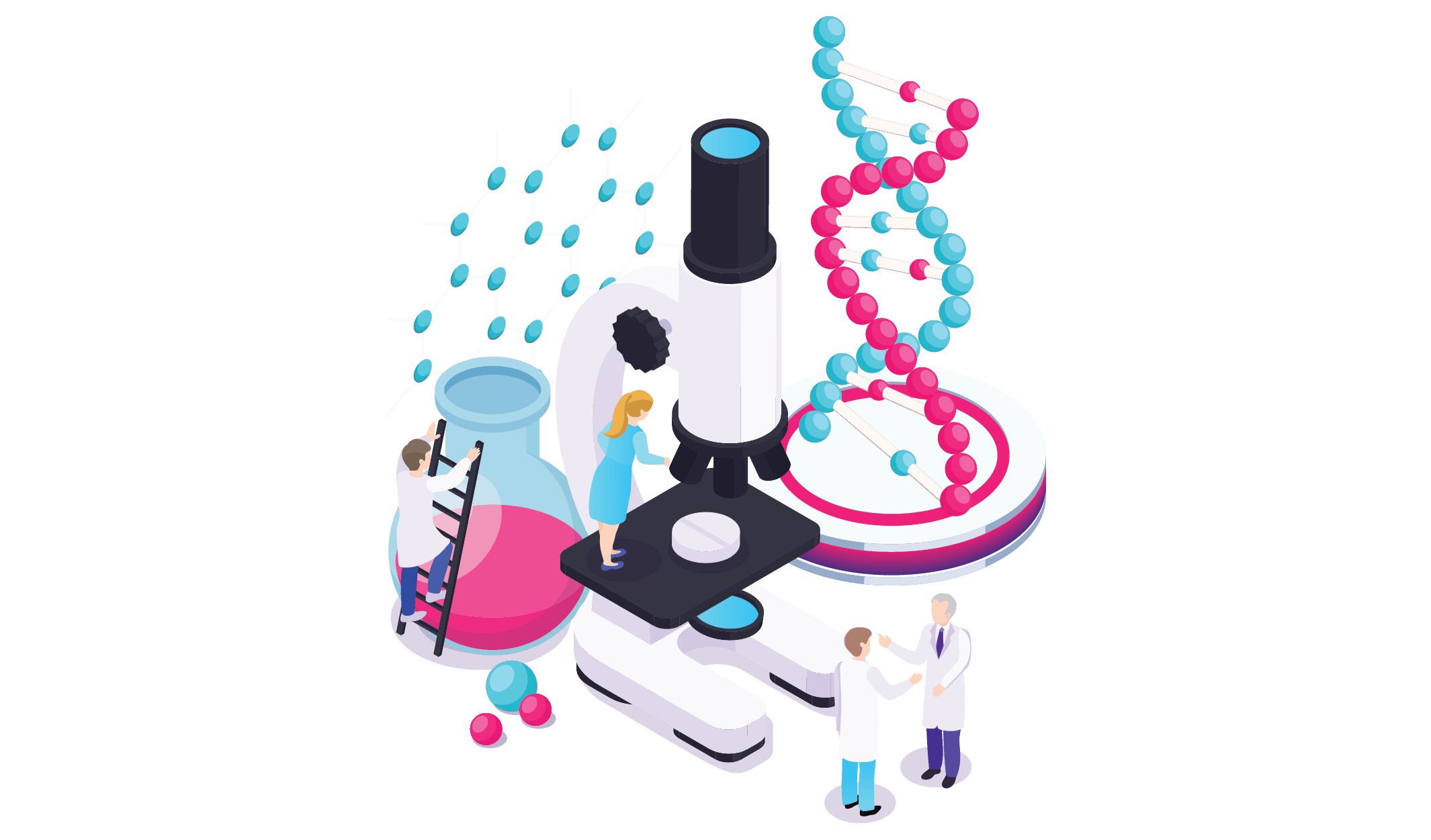Explore our tests
For Patients
Endometrial cancer is a cancer affecting the inner layers of the uterus. The most common kind of endometrial cancer is endometrial adenocarcinoma, which affects the innermost layer of the uterus. In a small proportion of patients, endometrial cancer can be genetically inherited. Treatment of endometrial cancer typically involves surgery which may be followed by additional therapy. In cases where surgery is not feasible, other treatment modalities are used.

If you have been recently diagnosed and a treatment plan is being outlined
If you have endometrial cancer, genetic testing can help decide on the therapeutic approach for your cancer. This is known as prognostication and is used to classify endometrial cancer into further subtypes. Multiple clinical practice guidelines recommend the 4-group classification for prognosis of endometrial cancer (POLE-mutated (POLEmut), mismatch repair–deficient (MMRd), no specific molecular profile (NSMP) and p53 abnormal (p53abn)) which is dependent on the mutation status of p53, POLE and MMR genes. Based on the presence or absence of these markers, your tumour can be classified into a prognostic group that helps understand how aggressive the disease is likely to be. For example, this may help in deciding whether or not chemotherapy should be used. The Strand Endometrial Cancer Test analyses the tumour tissue for these markers, thus aiding in prognostication and clinical decision making.
If you have a rare subtype of endometrial cancer, have unresponsive disease or are interested in novel therapy options
Sometimes a tumour, despite being given appropriate treatment, does not respond well to the therapeutic regimen. In such cases you and the clinician might want to consider other targeted therapy options if available. It may be useful to profile these tumours with a broad large panel of genes that are mutated across a variety of cancers as there may be a possibility that one of them is also mutated in your tumour. If such a gene is identified, it may open up additional avenues of treatment with targeted therapy. Hence,you and your doctor may consider Strand’s large panel genetic tests for such cancers if you would like to explore other potential treatment options. Large panel testing can also help determine your suitability for immunotherapy by measuring the Tumour Mutational Burden (TMB) and Microsatellite Instability (MSI). Both these are a measure of the immunogenicity of the tumour i.e. how well it can be recognized and attacked by the immune system. Large panels can also be used at the outset if you are interested in comprehensively understanding a tumour’s genetic makeup before starting treatment.
Test Portfolio
Test Name
No.of genes
Select
Endometrial Cancer Panel
3
Comprehensive Genomic Profiling – StrandAdvantage 500 Advanced (DNA+RNA)
523
Comprehensive Genomic Profiling – StrandAdvantage 500 Basic (DNA)
523
We provide genetic counseling to help you understand your test reports

Our certified genetic counselors will guide you through the test details and possible outcomes based on your family history.

Our genetic counselors will walk you through your genetic test report and explain the implications of your results and further plan of action







